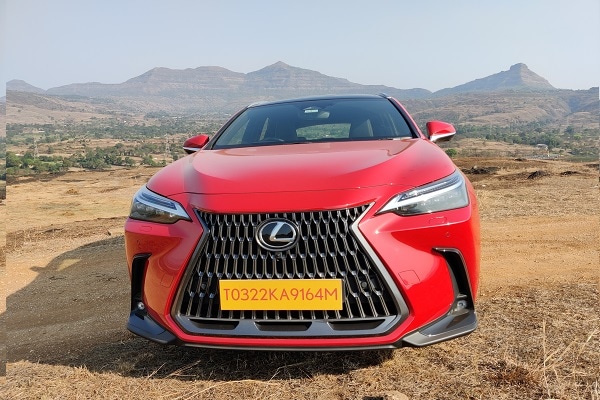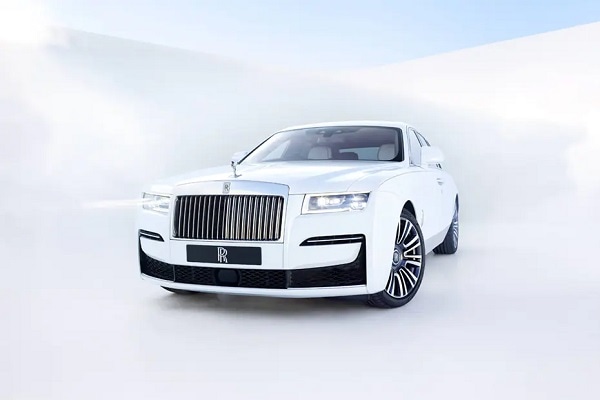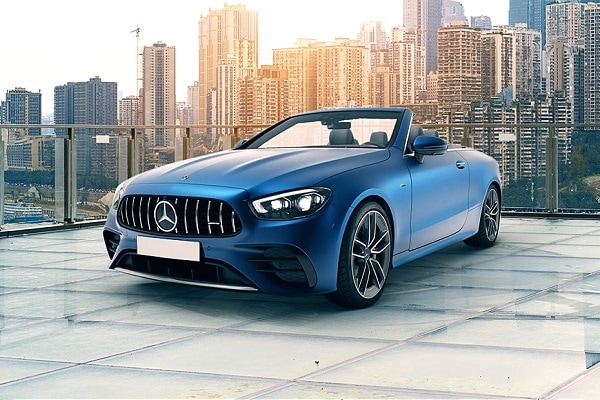The hottest new car models smell of disinfectant
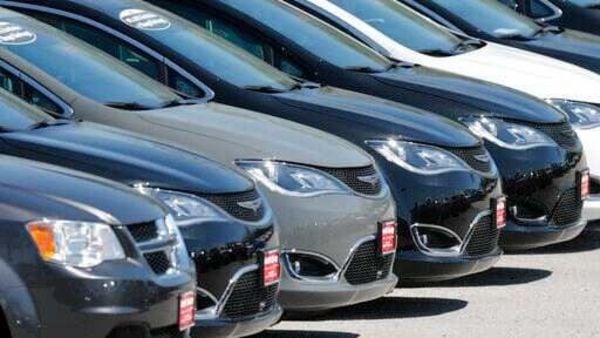

Judging by the number of motor vehicles being stolen in New York City right now, cars have become no less desirable during a lockdown.
Burglary rates aren’t a reliable economic indicator, but they’refar from the only sign that car demand could prove more resilient than might appear from recent record sales declines. If unemployment doesn’t surge even higher – a big if – car sales might recoverfaster than other discretionary purchases, especially if dealershipsput in place the rightfinancial incentives andrigorous hygiene measures to reassure customers.
Also check these Cars
After all, once stay-at-home orders are lifted, we’ll seek to regain personal autonomy while continuing to shield our families from the virus. A car could feel as essential as wearing a face mask.
Right now, of course,the industry is reeling: Carmakersare burning cash because production lines are at a standstill,weaker parts suppliers and dealers risk collapse, and banks as well as automakers’ captive finance operations are bracing for a surge in loan defaults. As showrooms have shut their doors across the globe, sales declines have accelerated. April will probably be worse.
Restarting production lines after such a prolonged hiatus will also be a huge challenge.Protecting factory employees isn’t straightforward,and cross-border supply chains could cause unexpected complications, particularly if the virus is still spreading widely in some countries.
But the outlook for sales isn’t entirely bleak. Car sales haverebounded in China, with dealerssurprised at how quickly consumers have returned to showrooms now that travel restrictionshave been eased.
It makes sense. Commuters who previously took a crowded bus or train may feel uncomfortable doing so for a while. Abandoning mass transit is terrible from an environmental and traffic perspective, but after a public health crisis,people will probablyfeel safer traveling in their own cars. Thisdoesn’t bode well for car-sharing either, which until recently was another popular low-cost alternative to vehicle ownership.Now it suddenly feels unhygienic. And taking a plane is even more unappealing; if people holiday closer to home this year and next, they may opt to drive rather than fly.
Of course, millions of Americans have lost their jobs and won’t be able to make big-ticket purchases in the coming months, especially since those hit hardest were already among the most financially vulnerable. But the premium end of the market may hold up better, particularly as higher-incomeconsumers won’t have as many conflicting pressures on their budgets. Bars, restaurants, hotels, concerts, sporting events and beach resorts all face a more protracted path back to normality if social distancing remainsthe norm. That’s bound to encourage getting behind the wheel of a car, where physical distancing is sort of the point.
Also Read : Indian auto industry wants tax relief to boost demand post coronavirus lockdown
Plus, anyone in the market for a vehicle can expect a bargain: Dealers are offering interest-free financing and loan payment holidays to quickly move inventory and bring in some cash. Customers hunting for a second-hand dealmay find especially good deals because airport-dependent car rental firms have been downsizing their fleets. And driving will be cheaper too, as oil prices have collapsed.
Prospective buyers may soon be offered even more financial goodies. On both sides of the Atlantic there are calls for governments to revive car purchase incentives — known colloquially as “cash-for-clunkers" — which proved effective at stimulating demand in the last recession. Whileworth considering, any subsidies should be directed primarily towardhybrid and electric vehicles.Even though the climate crisis may have slipped from our attention, it certainly hasn’t gone away.
In Germany, where efforts to curb the virus appear to be bearing fruit, car showrooms will be allowed to reopen soon, even as restaurants remain shut. True, the car lobby is powerful here, but alsotheir argument that buying a car can be made as safe, if not safer, than popping over to the supermarket seems reasonable. Dealerships tend to be pretty spacious, and cars parked on the lot can be viewed without entering the premises. There usually aren’t too many customers visiting at the same time.
Where dealers remain open, the industry has already come up with some neat ways to keep clients safe. In the U.S., used car retailer CarMax Inc. permits customers to take a test drive without a salesperson sitting next to them, and vehicles are sanitized when someone has touched or sat in them.
For the foreseeable future, the new car smell that buyers savor most will bealcohol-based disinfectant. Putting buyers at ease like this could help revivethe auto industryandpreserve thousands ofjobs.








 40 kWh
40 kWh 150 Km
150 Km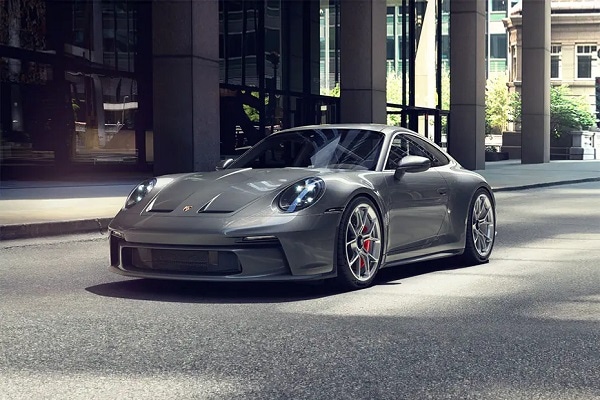
 3996.0 cc
3996.0 cc Petrol
Petrol
